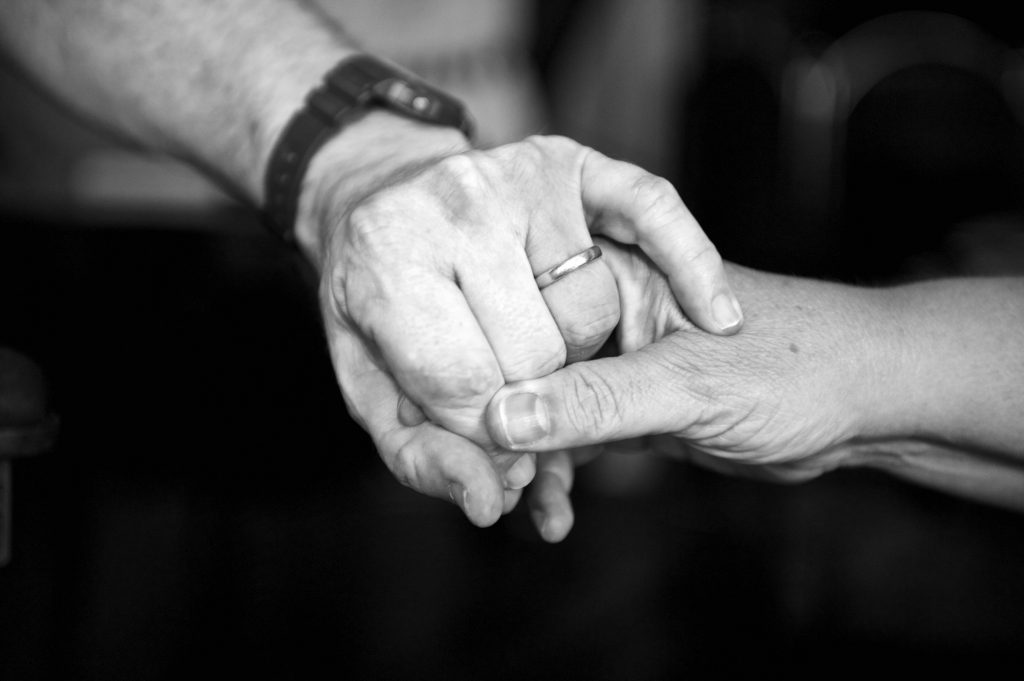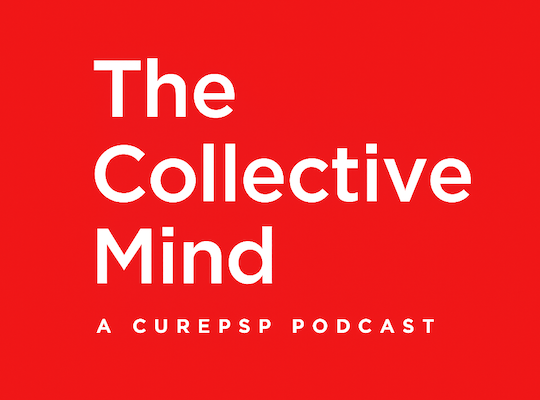
This article by Niti Vaidya, our newest Peer Supporter in Mumbai, India, covers the small changes that occur with PSP that are often overlooked.
Major complications that come with PSP, such as aspiration, UTIs, and the swallowing troubles that lead to aspiration, are always discussed with our doctors. However, because we, along with our doctors, focus mostly on keeping our loved one alive, the tiny, complex changes in the sufferers’ physical and emotional wellbeing are often overlooked. So much so, that we often don’t even notice that these change in behavior and physicality can be caused by PSP, and we can become frustrated with our suffering loved one for being difficult and non-cooperative.
Initially, while caregiving for my father, my family didn’t understand this, and we misunderstood a few of his changes as a new physical habit, or overlooked them as irrelevant. In time, however, we realized how important it was to understand these tiny, yet complex, changes to provide him with better care.
I offer this list of some of the PSP complexities that can either just make us annoyed or go unnoticed, but are important for us caregivers to understand, to take care of our loved ones more compassionately and, importantly, more accurately.
Whizzing Sound While Breathing
While we may know about aspiration, silent aspiration was rarely discussed until my father’s first pneumonia episode. Silent aspiration, put simply, is when tiny food particles keep going into the lungs through the windpipe, without showing any obvious signs of it happening. The whizzing sound that is caused by the constant, silent aspiration is a symptom of a possible chest congestion which, if not treated timely, can lead to pneumonia. Hence, always watch out for the whizzing sound, it could help you avoid aspiration episodes and, hopefully, pneumonia.
Involuntary Shutting of Eyelids
As PSP weakens the muscles, it also affects the eyes. While I am not a doctor, I did learn that it is one of the most difficult changes the patient must adapt to, because sometimes the shut eyelid won’t open without help, or it can keep happening every few seconds. Regular Botox injections did bring some temporary relief to my father’s eye. While we discuss eye issues, another thing I noticed was blurry vision; my father would always get us to clean his glasses, and often complained of blurry vision.
Contracting Limbs to the Torso
My father would contract both his upper and lower limbs towards his torso all the time, especially while he was sitting. I never could get answers from the doctor as to why it would happen, except that it was one of the things that came with PSP. I am sure many of you might have mistaken this, as I did, for a new habit, maybe you even sternly asked them to sit up straight and complained that they’re not listening when they couldn’t hold their limbs in place even for a minute. Sadly, they are not doing this intentionally; it is the PSP taking over.
Rapid Eating, Swallowing, and Drooling
Observing my father, I noticed that due to PSP and its swallowing issues, he tried to get as much food down his/her throat as fast as possible. It’s the human instinct to survive that made him do it, I guess, even though we all know it can do more harm than good. We need to understand their psychology and help them slow down, in the most empathetic way possible. Sadly, PSP sufferers drool involuntarily most of the time. This is because of the swallowing trouble with PSP, which makes swallowing saliva difficult. PSP patients need constant swallowing exercises, and spitting, to keep drooling under control.
Screaming/ Murmuring/ Making Sounds While Asleep
Either bad dreams or medications which barely helped – we couldn’t really tell what caused it, though most doctors did say that it could be a side-effect of the medication. As caregivers, we are almost always tired, and although the patient’s disturbed sleep disturbs our own sleep, we must remember it is involuntary. While our obvious reflex would be to snap in the moment or complain the next morning, it isn’t their fault, and as tiring and frustrating as it could get, we just have to get used to it. Maybe we can consider it as snoring. If we can eventually get used to a snoring roommate, we may as well get uses to these new sounds.
Fidgety Hand and Fingers
I am sure we all have seen our PSP patient repetitively fidgeting with the sides of their chair or the couch. While most of it can be blamed on the anxiety caused by the new dependency that the disease brings, it is also, in part, involuntary. Either way it’s just something that sometimes they don’t even realize they are doing.
Lack of Concentration
We have all complained at some point about our PSP sufferer that they don’t listen while you talk, or they lose interest in the conversation mid-way. Unfortunately, lack of concentration is one of the complex issues that come with this dreadful disease. While they lack concentration, we must remember to not lose our patience with them.
Mood Swings
While anxiety and depression go hand in hand with neurodegenerative diseases, they can also bring major mood swings. It can be difficult to handle a mood swing, but, when we empathize and understand how difficult a disease like PSP can be, we can fight their mood swings with a smile for our loved ones.
Random Chatter / Hallucinations
In 2012, my dad had some severe hallucinations, a side-effect of his heavy dosage of medications and an alteration in the medication curbed the hallucinations altogether. In my dad’s last year with PSP, however, he did do some random blabbering which could be called a delusion or maybe a mild hallucination. At this stage there was no telling if it was his medication or a progression of the disease, it was just another thing we had to handle with patience and understanding. To panic about it could cause a major scare to an otherwise smart and lucid person who is suffering already from a dreadful disease like PSP.
Lack of Bladder Control
This one, I am sure, we all are well aware of. It might not be discussed much by the doctors in the initial days but it does come up in the later visits. As unhygienic and tiring the frequent change of clothes would be, sadly, it is something that our PSP sufferer has no control over.
My family learnt about these changes over our long PSP journey together while my father suffered from it. My sole purpose with this article is to help the newly diagnosed patients and their caregivers understand PSP a little better and not misunderstand the otherwise less discussed changes that PSP brings. I strongly believe that putting ourselves in the patient’s
shoes is the easiest way to understand them. Empathy always triumphs, especially with diseases like PSP!
Best wishes and Strength!
Niti




